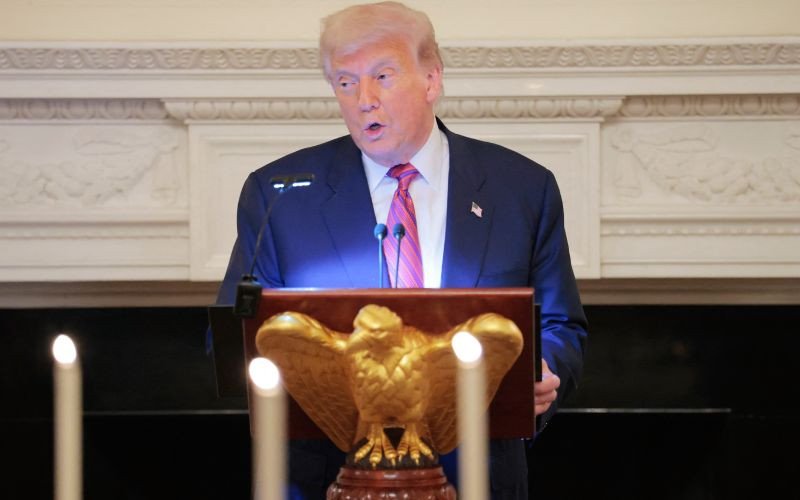President Donald Trump’s administration has formally rejected recent reforms to the World Health Organization’s pandemic preparedness rules, arguing that the revisions infringe on U.S. sovereignty and individual liberties. The move, announced on July 18, 2025, comes as Washington proceeds with its withdrawal from the WHO that began immediately after Trump returned to office on January 20, 2025.
In a joint statement, Secretary of State Marco Rubio and Health and Human Services Secretary Robert F. Kennedy Jr. said the amended International Health Regulations (IHR) could enable “unwarranted interference” in domestic decision‑making on health policy, data privacy, and free expression. They pledged that the United States would “put Americans first” and resist international mandates that might constrain national prerogatives.
Rubio and Kennedy also cited lingering concerns over what they described as the WHO’s vulnerability to political pressure and censorship, pointing in particular to the organization’s handling of information flows from China during past outbreaks. By filing a formal reservation before the July 19 deadline for governments to object, the United States is seeking to ensure it is not bound by the new provisions.
WHO Director‑General Tedros Adhanom Ghebreyesus expressed regret over the U.S. decision and stressed that the IHR amendments explicitly respect national sovereignty. He reiterated that the WHO does not possess authority to impose lockdowns or other coercive measures within member states, adding that the organization’s role is to coordinate information, technical guidance, and support.
The reform package at issue grew out of negotiations at the 2024 World Health Assembly in Geneva after member states failed to clinch a broader, legally distinct pandemic accord at that time. Among the agreed changes was a high‑level commitment to “solidarity and equity,” including creation of a mechanism to assess and respond to the needs of low‑ and middle‑income countries in future health emergencies.
Most countries ultimately completed a separate pandemic treaty in May 2025, but the United States stayed on the sidelines while pursuing its WHO exit. The previous U.S. administration under President Joe Biden joined the 2024 talks yet withheld consensus support amid disputes over intellectual property protections for vaccine technologies. Former Secretary of State Antony Blinken had nevertheless described the IHR amendments as a step forward, underscoring the shift represented by the current reversal.
Analysts say Washington’s stance could complicate data sharing, vaccine access, and financing in the next global outbreak, even as U.S. officials tout alternative bilateral and regional cooperation channels.

